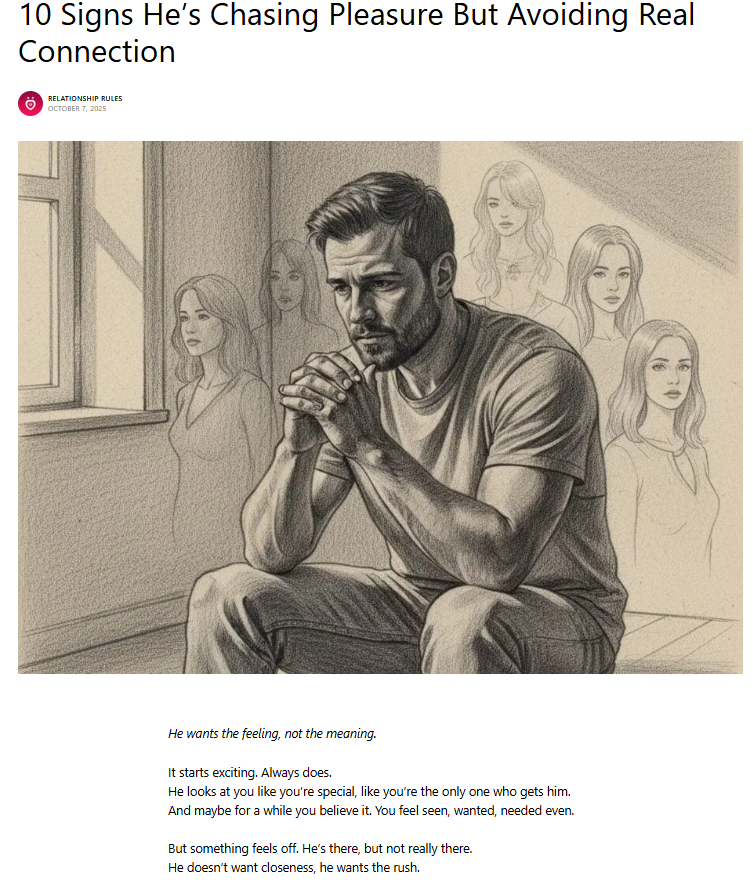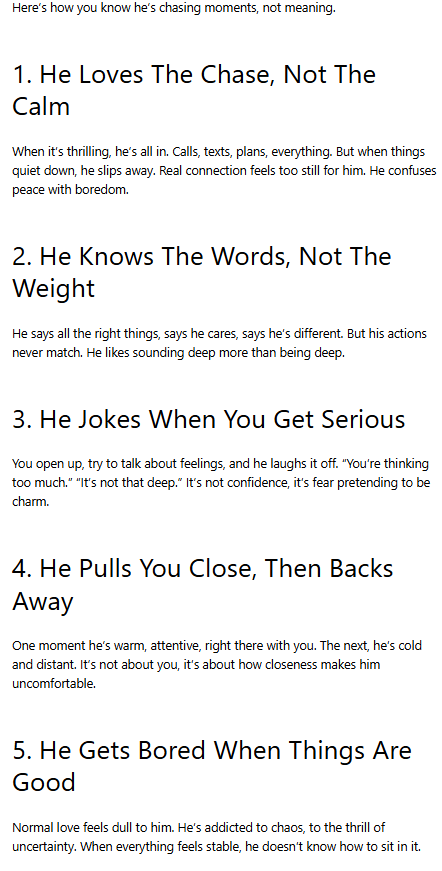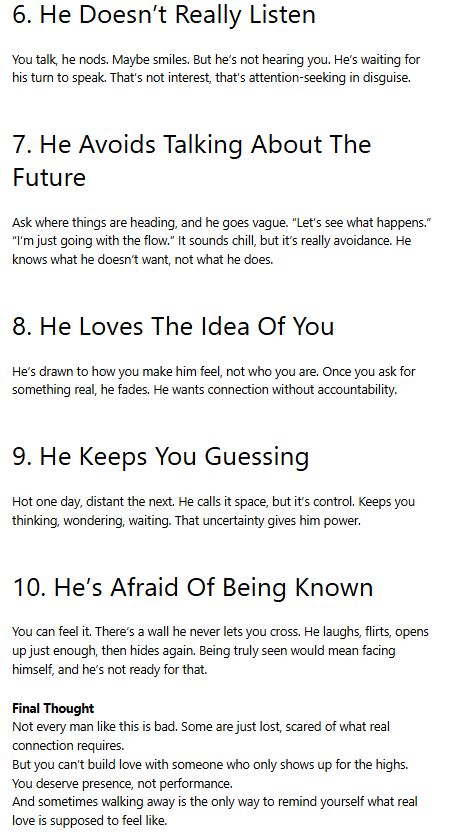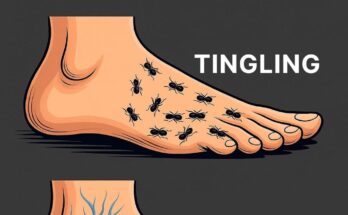In a world that rarely slows down, finding peace can feel like chasing shadows. Between work deadlines, personal responsibilities, and the endless buzz of notifications, many people feel overwhelmed. But there’s one powerful, often overlooked remedy that’s been with humanity for thousands of years—music. More specifically, the act of making music.
It doesn’t matter whether you’re strumming a guitar, tapping on a drum, humming a melody, or composing a digital beat in your bedroom. The very act of creating music has been shown to significantly lower stress hormones and increase dopamine levels, the feel-good chemical that boosts motivation and mood. But how exactly does this happen? Let’s explore the remarkable relationship between music creation and our emotional and neurological well-being.



Music: A Universal Human Language
Before diving into the science, it’s worth reflecting on how deeply ingrained music is in the human experience. Every culture in the world, past and present, has some form of musical expression. From ancient tribal drumming to classical symphonies, from lullabies to protest songs, music has been a tool for storytelling, connection, ritual, and healing.
Unlike other art forms, music directly engages the brain’s emotional centers. When you’re involved in making music, you’re not just stimulating the auditory system—you’re tapping into memory, motor function, reward pathways, and emotion regulation systems. This interconnectedness is why music can so powerfully shift your emotional state.
What Happens in the Brain When You Make Music?
Music-making activates multiple areas of the brain simultaneously:
- The auditory cortex processes sound.
- The motor cortex helps with movement (like playing an instrument or singing).
- The prefrontal cortex is involved in planning and emotional regulation.
- The limbic system, especially the amygdala and hippocampus, is central to emotions and memory.
When these areas work in harmony during music-making, the result is more than just sound—it’s a deeply embodied experience. And this engagement can literally change your brain chemistry.
Reduction of Cortisol: The Stress Hormone
Cortisol is the hormone released in response to stress. It’s part of the body’s natural fight-or-flight response. While helpful in short bursts, chronic high levels of cortisol are linked to anxiety, depression, weight gain, and sleep disturbances.
Studies have shown that engaging in music-making—even for short periods—can lead to measurable reductions in cortisol levels. One notable study from 2013 found that people who participated in group drumming sessions had significantly lower cortisol afterward compared to a control group. The participants also reported feeling more relaxed and connected.
This isn’t just psychological—blood and saliva samples confirmed the hormonal shift.
Why does this happen? Partly because music-making requires focused attention, rhythmic engagement, and deep breathing (especially in singing or wind instruments), all of which are known to activate the parasympathetic nervous system—the part of the nervous system responsible for relaxation.
The Rise of Dopamine: The Reward Molecule
On the other side of the equation is dopamine, a neurotransmitter involved in feelings of pleasure, reward, and motivation. Dopamine release is often what makes certain activities feel inherently enjoyable or even addictive.
When you’re creating music, whether you’re jamming with friends or composing alone, your brain releases dopamine in response to both anticipation and experience. This is especially true if the musical experience is emotionally resonant or physically moving.
A 2011 study using brain imaging found that people who listened to emotionally powerful music experienced a significant increase in dopamine activity. Interestingly, those actively playing or singing showed even greater dopamine release, especially when the music was self-chosen or emotionally meaningful.
Emotional Regulation and Self-Expression
Beyond brain chemistry, making music provides an outlet for emotions that can be hard to express in words. Whether it’s the soulful cry of a blues solo or the angry pulse of a rock riff, music gives form to inner experiences.
This kind of emotional catharsis can be incredibly healing. When you play music, you’re not just releasing dopamine—you’re also processing emotions, building self-awareness, and creating a safe space for expression.
For those dealing with anxiety, depression, or trauma, this process can be transformative. Music creation becomes a tool not just for managing stress but for reshaping identity and reclaiming a sense of control.
Making Music Is For Everyone
One common misconception is that you need to be “musically talented” to benefit from making music. Nothing could be further from the truth.
Studies show that the psychological and physiological benefits of music creation are not limited to professional musicians. Even amateurs and beginners experience reductions in stress and increases in dopamine after engaging in music-making.
Whether you’re banging on a drum pad in your living room, singing in the shower, or learning chords on YouTube, the brain responds to the act of creating. In fact, the joy of learning something new—combined with the rhythmic, emotional nature of music—makes for a perfect storm of brain-boosting activity.
Group Music-Making: Connection and Community
While solo music-making has its benefits, group musical experiences add another powerful layer: human connection.
When people play music together, their brains begin to synchronize. Literally. Research using EEG (electroencephalography) shows that musicians in ensembles or choirs often experience brainwave entrainment—a kind of neural harmony. This synchronization fosters feelings of empathy, cooperation, and social bonding.
Given how social isolation and loneliness contribute to stress and mental health issues, this aspect of communal music-making shouldn’t be underestimated. Playing music in a group can be a deeply affirming experience, helping people feel seen, heard, and valued.
Making Time for Music in a Busy Life
It’s easy to dismiss music-making as a luxury or hobby, especially when life feels hectic. But considering the profound impact it has on mental and emotional health, it may be more accurate to think of it as self-care—on par with exercise, sleep, or a healthy diet.
Here are a few simple ways to bring more music-making into your life:
- Set aside 10 minutes a day to play an instrument, sing, or experiment with a music app.
- Join a local choir, drumming circle, or band, regardless of your skill level.
- Take online music lessons to learn something new and keep your brain engaged.
- Create a songwriting journal as a form of emotional expression.
- Make it a family or community activity, encouraging others to join in.
Final Thoughts: The Healing Power of Music Creation
In the noise of modern life, music offers a rare space of clarity, connection, and calm. Making music doesn’t just sound good—it feels good, because it helps us regulate our emotions, connect with others, and literally rewire our brains for happiness and resilience.
Whether you’re composing symphonies or simply strumming a few chords in your bedroom, the act of creating music is a powerful antidote to stress and a gateway to emotional well-being. It’s a medicine that’s free, always accessible, and beautifully human.



